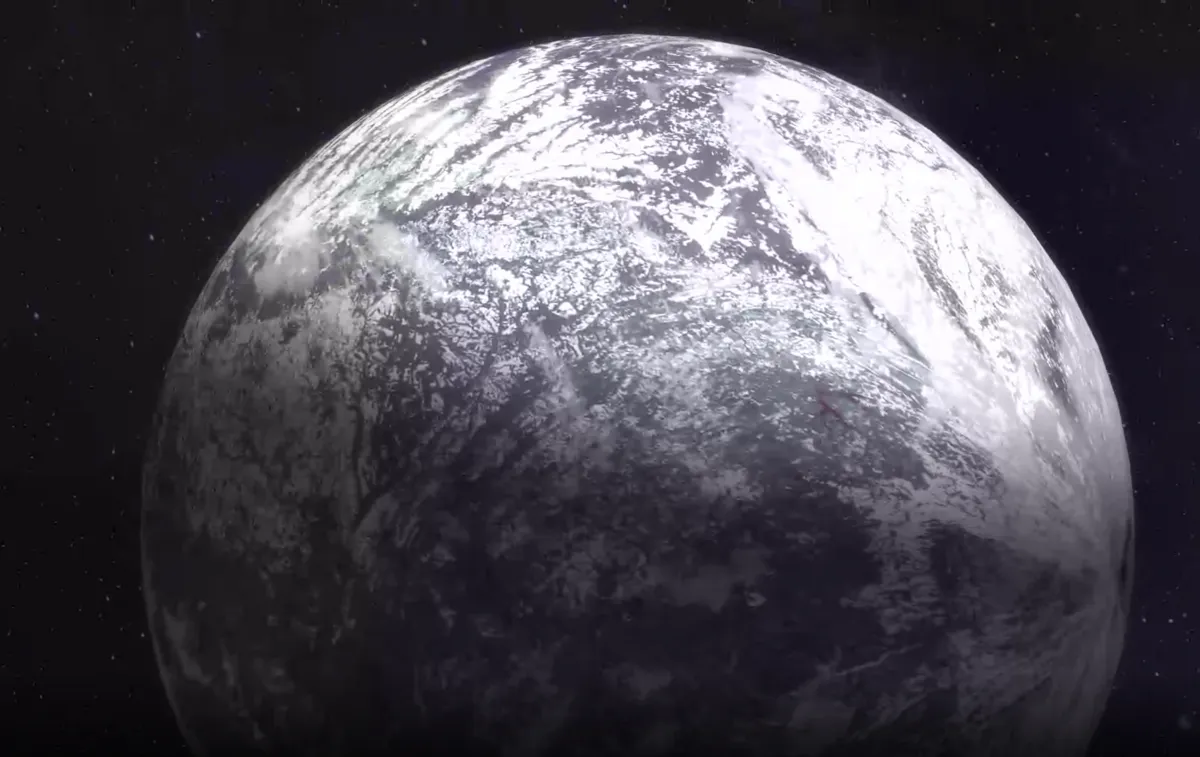Earth-like exoplanets orbiting within a star’s ‘habitable zone’ may not actually be temperate worlds suitable for life, and could in fact be frozen cosmic snowballs.
Extreme temperatures might be caused by a planet’s tilt, meaning that finding an exoplanet in the habitable zone isn’t always enough evidence on which to judge habitability.
These are the findings of a study led by Russell Deitrick of the University of Bern, who conducted the research while at the University of Washington.
- Citizen scientists find rare exoplanet in Kepler data
- Interview: exoplanet hunting with Kepler space telescope
- Exoplanet search sped up by new technique
The habitable zone of a star is the area in which an orbiting planet can support liquid water on its surface.
In the hunt for exoplanets, specifically Earth-like ones that could harbour life of some kind, the discovery of bodies within the habitable zone is of major interest to astronomers.
But this new study suggests that a planet’s obliquity - its tilt relative to the orbital axis - could create extreme temperatures in which oceans freeze and life on the surface is impossible.
Earth’s tilt as it orbits the Sun is about 23.5 degrees.

Deitrick and his fellow authors used computer simulations to see what would happen if a sudden change in the tilt of an Earth-like planet could trigger massive changes in surface conditions.
“We found that planets in the habitable zone could abruptly enter ‘snowball’ states if the eccentricity or the semi-major axis variations — changes in the distance between a planet and star over an orbit — were large or if the planet’s obliquity increased beyond 35 degrees,” Deitrick says.
Study co-author Rory Barnes of the University of Washington says the study “has essentially shown that ice ages on exoplanets can be much more severe than on Earth, that orbital dynamics can be a major driver of habitability and that the habitable zone is insufficient to characterize a planet’s habitability.”
The results could have implications for the future of exoplanet hunting.
Deitrick says: “If we have a planet that looks like it might be Earth-like, for example, but modeling shows that its orbit and obliquity oscillate like crazy, another planet might be better for follow-up with telescopes of the future.”
